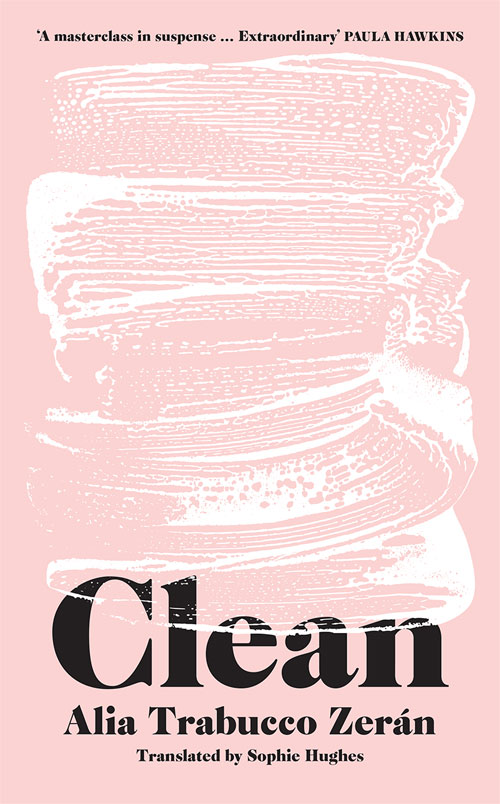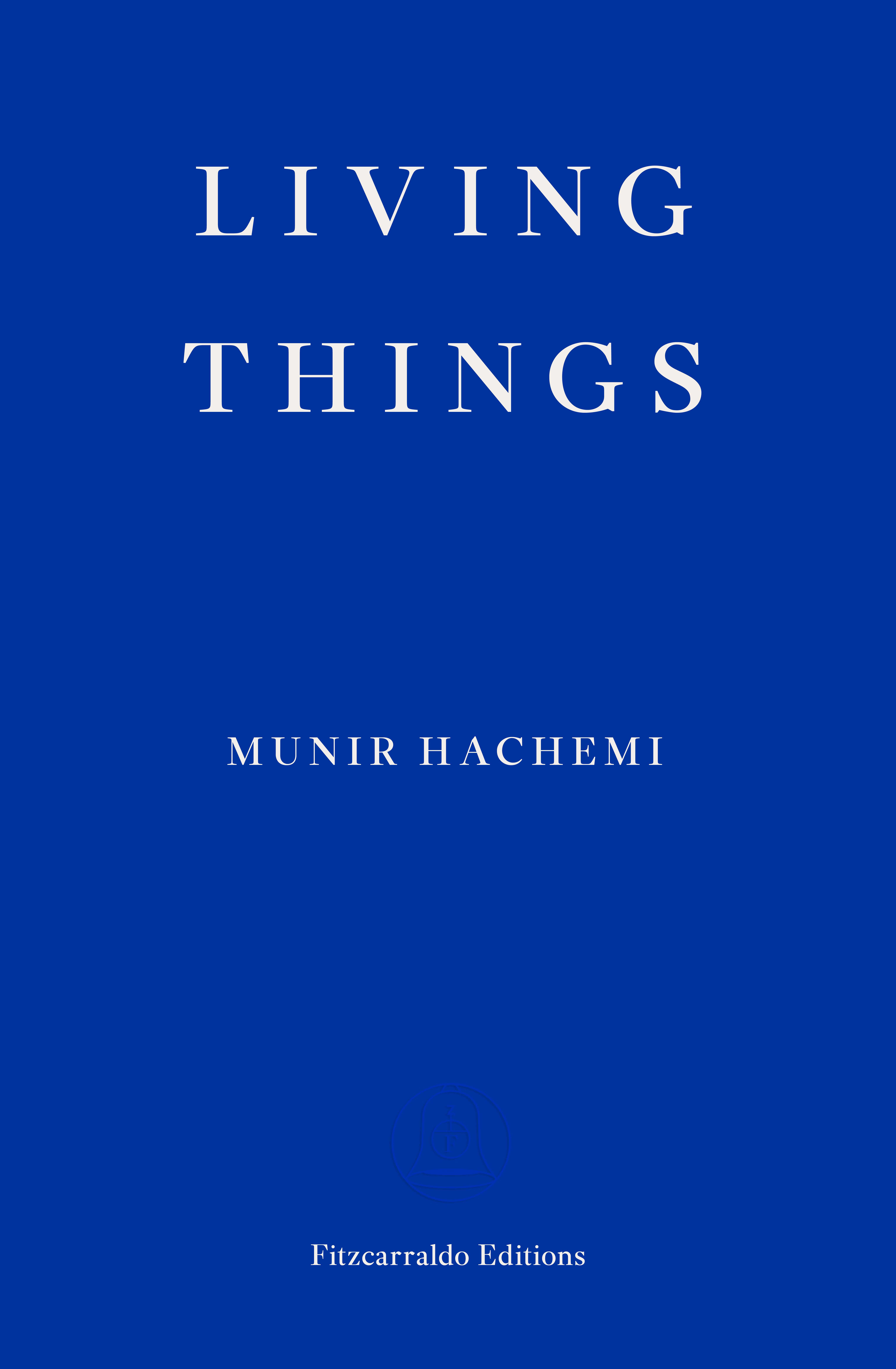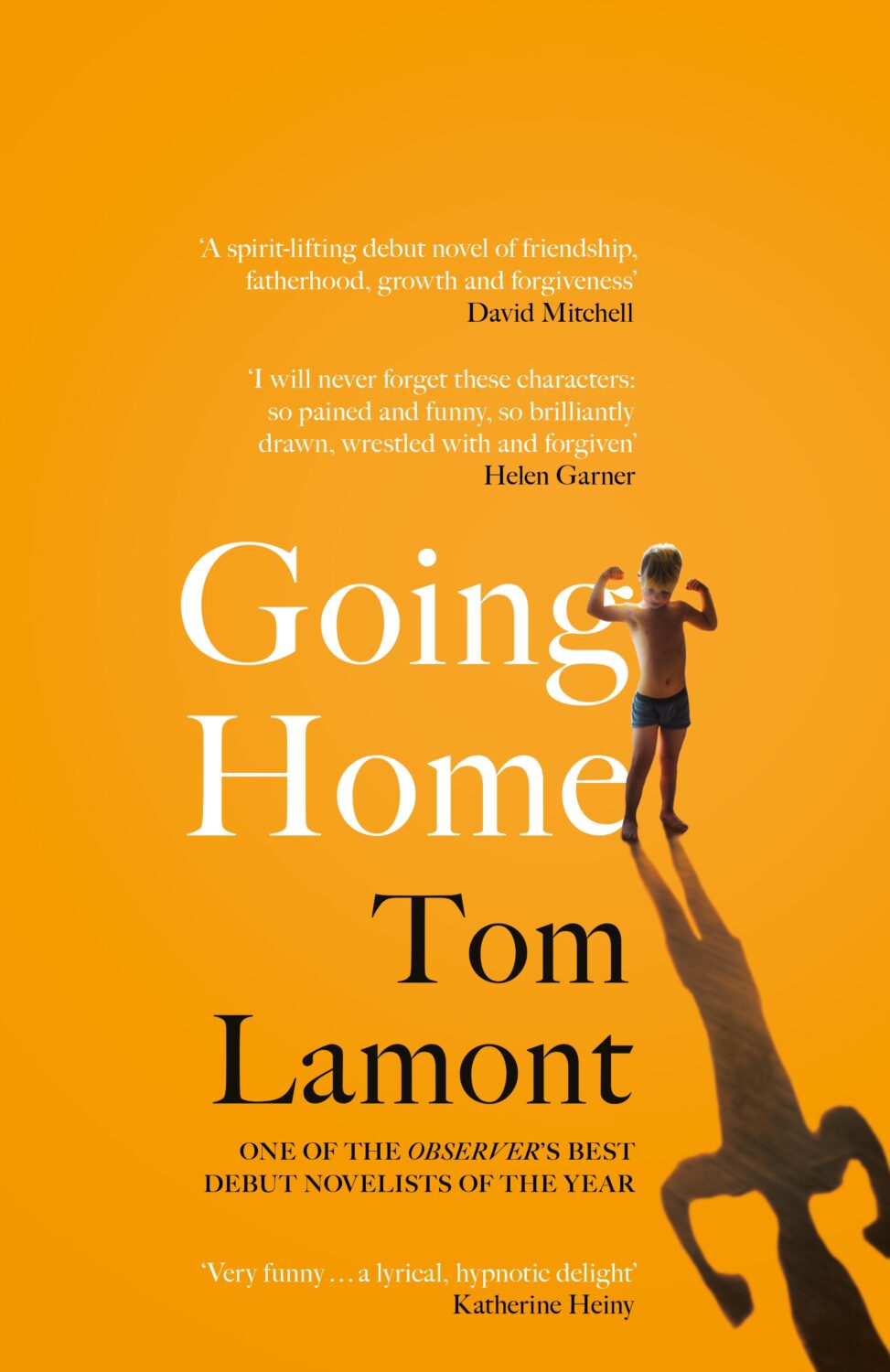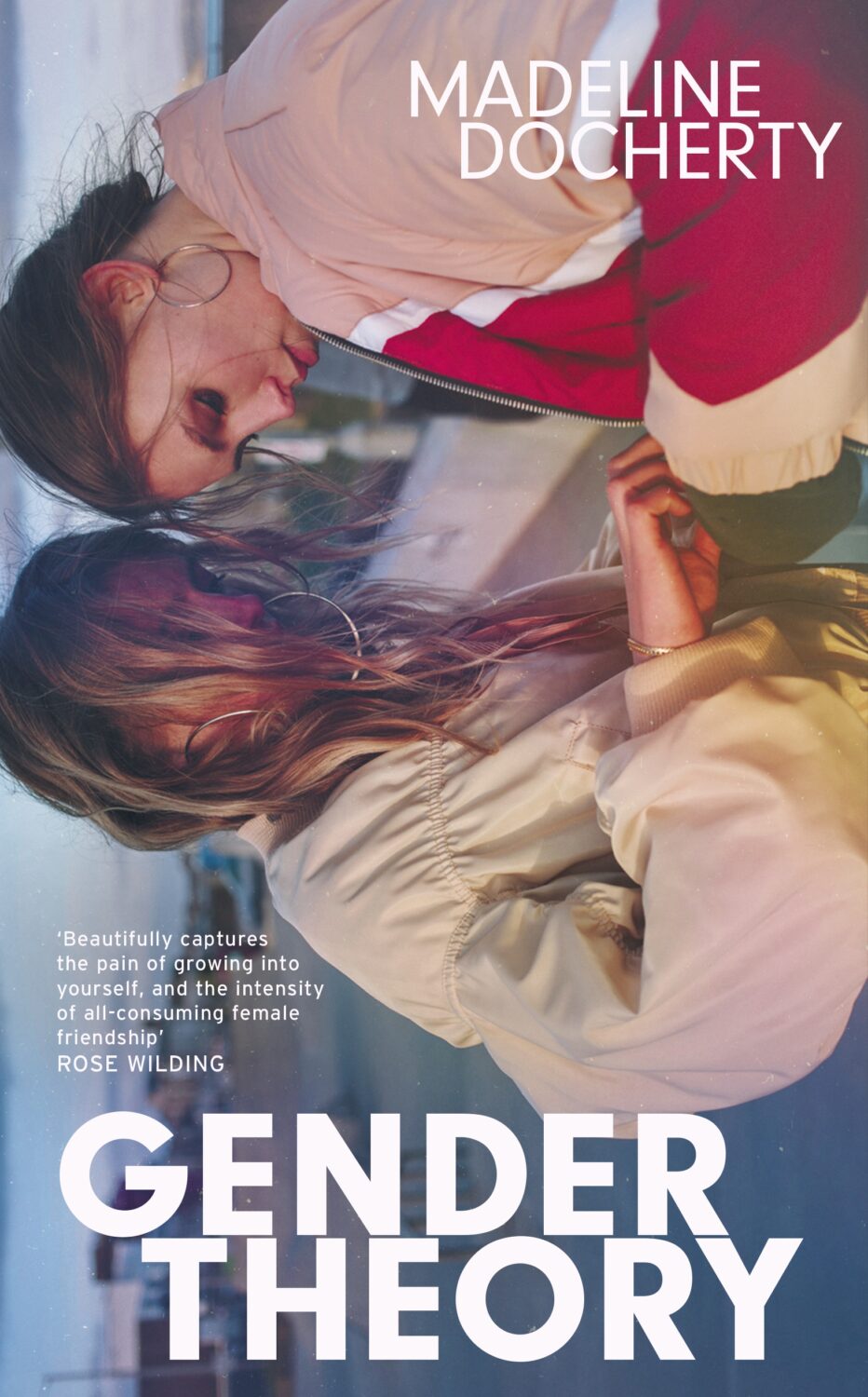Dystopian Chicken Farms, Queer Stoner Comedies, and a Sally Rooney Knock-Off: Five Books to Read This Month
By Bartolomeo SalaThere is nothing quite like reading a book lying in the grass while basking in the June sun. And while until recently the weather has been below par in London, the same can’t be said about books, with great debuts and literature in translation hitting the stands as we speak.
Here’s this month’s picks. Happy reading.
HOW IT WORKS OUT, Myriam Lacroix

Jonathan Cape, pp. 240
Multiverse, genre-bending stories and autofiction might be two of the most in vogue styles of recent times. Still, you will be hard pressed to find a book that is quite as gonzo, off-kilter and yet ultimately satisfying as this one.
The vignettes which comprise the novel all refract different aspects of the relationship between Miriam and Alison – stand-ins for the author and her partner in real life – as their conflicts play out in alternate realities. However, the pleasure lies less with excavating their reasons at the heart of their codependency than being thrown in situations one more absurd and perverse than the other, and being constantly wrong-footed by images and one-liners that pull the rug from beneath the reader’s feet.
The background of many of the situations is the queer, artsy underground scene of Montreal, and indeed, the novel’s madcap, slapstick energy owes much to the aesthetics of comics and fanzines. I have never seen anything quite like it.
CLEAN, Alia Trabucco Zerán

4th Estate, pp. 272
To be a domestic worker is always to be in an awkward, paradoxical position: One the one hand, you are expected to duly carry out the household tasks and emotional labour of family member without being a member of that family. On the other, you are constantly reminded of your subordinate, subservient position. This fundamental asymmetry is then compounded by the fact that domestic workers are often migrant workers, all the more vulnerable because of their status and having been plucked away from their country and language.
In a world where inequality and other kinds of disadvantage are getting more entrenched, almost naturalised by the system, it isn’t that surprising that so many books and films are turning toward this kind of occupation. The most famous example must be Alfonso Cuarón’s dewy-eyed autobiographical retelling of his 1970s childhood Roma, which I loved, but resolves these contradictions in a finale that feels a bit facile and sentimental. Without giving too much away, Clean tries to reverse the rosiness of that portrayal and – with an unflinching eye – portray the actual emotions and thoughts that go through a cleaner’s mind every time they have to scrub the floor or clean the mess your child has left.
LIVING THINGS, Munir Hachemi

Fitzcarraldo, pp. 114
Four disciples of Borges and Bolaño – that is, spoiled and self-important would-be writers and recent university graduates – travel from Madrid to the South of France looking for “experience” or, rather, the raw material that will allow them to write a book. Their plan is to work in the grape harvest, make a bit of money and get a manly tan to boot. Once in Aire-Sur-L’Adour, however, things don’t go quite as planned. They soon confront both the harsh reality of being an immigrant worker in France as well as a system of industrialised agriculture, which might best be described as Ballardian in its odd mixture of cruelty, madness and unflinching rationality.
The book features a meta element that contributes to its atmosphere of paranoia: is this reality, something the author actually lived through, or a carefully orchestrated literary game bordering on hallucination? However, it really reads like a vaguely Lynchian eco-thriller, a sense of foreboding threat and impending violence slowly building up from the very first pages. And the novel really excels in bursting the bubble and defamiliarising the tales we tell ourselves about where our food comes from. A hybrid of a book and a bit of UFO that nonetheless will have a long afterlife given the topics it tackles.
GOING HOME, Tom Lamont

Sceptre, pp. 320
This is the literary version of your favourite returning family drama.
It deals with the idea of fatherhood, and the importance of rising to the occasion when responsibilities come knocking at your door. The most compelling element for me was the author’s subtle, three-dimensional way of portraying masculinity and the way the male characters relate to each other.
Going Home might feature one of the greatest iterations of the quintessentially British “forever-a-lad” archetype best embodied by Mark Rylance’s Johnny “Rooster” Byron in Jez Butterworth’s play Jerusalem. I know so many guys like Benjamin Mossam, indeed most of my dearest friends remind me of him, but never found a novel that portrayed them quite the same way, definitely not so fondly and with such texture and complexity.
GENDER THEORY, Madeline Docherty

John Murray, pp. 208
There is a chance this won’t find the success it might have had only a few years ago (I get the sense that Sally Rooney’s brand of literary fiction might be on the wane). This would be a real shame, though, because even if Gender Theory covers a lot of the same ground as Rooney’s Conversations With Friends, there is something about this debut that really sets it apart from a lot of stuff written in the same vein.
The protagonist, like Frances in Conversations, struggles with the feelings she has for her best friend as well as endometriosis. But the fact that here her condition takes more of a centre stage, becoming almost a “character trait”, perhaps the most important factor in understanding her life, together with the fact that the story is told in vignettes and a super intimate, in-your-face second-person narrator makes the narrative altogether rawer and darker. Don’t be discouraged by the familiar blurb.
Bartolomeo Sala is a writer and reader based in London. His writing has appeared in Frieze, Vittles, and The Brooklyn Rail. Header image: Gender Theory cover, courtesy John Murray.